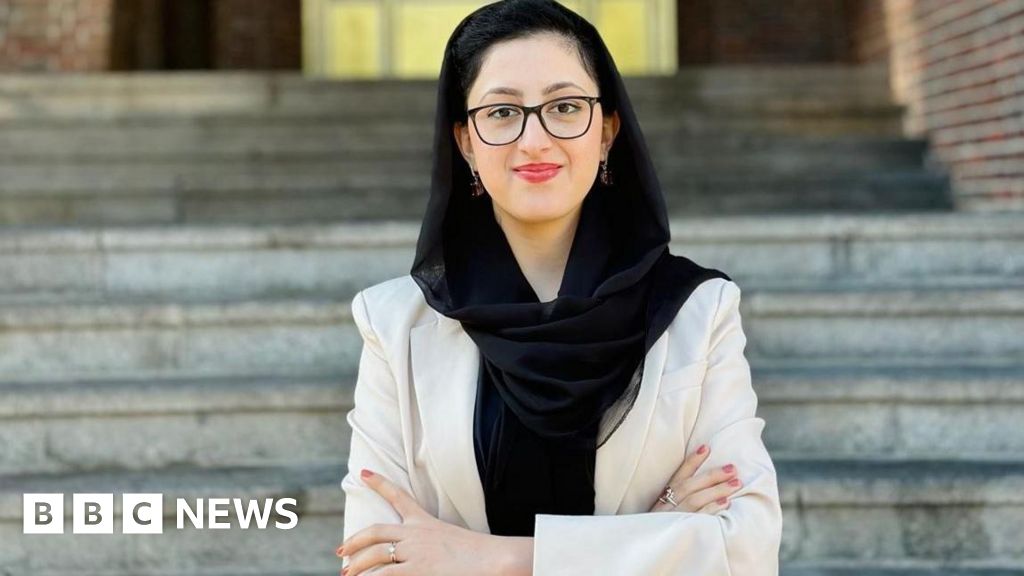ISLAMABAD - A thousand days have passed since girls in Afghanistan were banned from attending secondary schools, according to the United Nations Children's Fund (UNICEF). The Taliban's refusal to allow girls beyond sixth grade to continue their education remains a significant obstacle for the group in gaining international recognition as legitimate rulers of Afghanistan. UNICEF Executive Director Catherine Russell urged Taliban authorities to immediately allow all children, particularly girls, to resume learning and called on the international community for support.
The U.N. has warned that the ban on girls' education is a violation of their human rights and hinders progress in Afghanistan. The Taliban have stated that their strict interpretation of Islamic law prohibits girls from continuing their education beyond sixth grade.
Despite initially promising a more moderate rule, the Taliban have imposed harsh measures, including barring women from higher education, public spaces like parks, and most jobs. When the Taliban ruled Afghanistan in the 1990s, they also banned girls' education.
The Taliban's educational policies have been criticized for their negative impact on both boys and girls. Human Rights Watch reported that deep harm has been inflicted on boys' education as qualified teachers, including women, were left. The group noted an increase in corporal punishment.
UNICEF works with partners to run community-based education classes for over 600,000 children, two-thirds of them girls. However, the Taliban's restrictions on girls' education have forced many families to make difficult choices and prioritize their sons' education.
The U.N. Human Rights Office reported that female civil servants barred from working were told their salaries would be cut to the lowest level regardless of their experience or qualifications, further deepening the erosion of human rights in Afghanistan.
The Taliban's treatment of women and girls has been widely condemned by international organizations and human rights groups. The U.N. High Commissioner for Human Rights called on authorities to rescind all laws, instructions, edicts, and other measures that discriminate against women and girls in violation of the country's human rights obligations.



